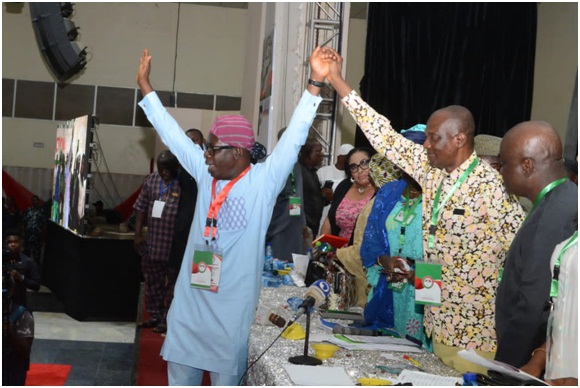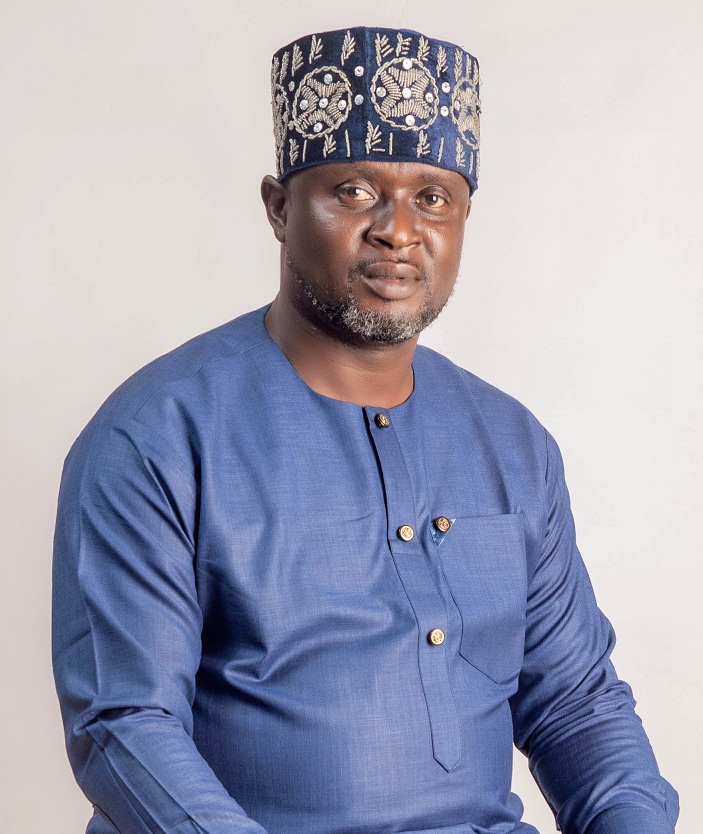Why African society is patriarchal
By Oyindamola Isijola
|
Patriarchy is a form of social organization in which the eldest male is the head of the family or clan, and descent is reckoned through the male line. Patriarchy has various ways through which it manifests in African culture and one of these ways is the male-child preference in most African homes.
Male-child preference and the importance relating with birthing male children in African cultures have been in existence for centuries. Despite the fact that we are in the modern era, the African culture and tradition still preserves the importance attached to the male child especially by some African fathers. It is believed that the male child remains the family pride and honour and a gender who preserves the father’s name. Also, African fathers would always love to have a son, a son much like themselves, a son whom they believe will help to represent them well during social gatherings and, most especially, family meetings.
Each child is important irregardless of their gender but it is known that more importance had been attached with having male children in African cultures, thereby in some situations, the male child is considered as being superior to the girl child. In most African homes, male children are being seen as the family pride and honour. Also, apart from them being the pride of the family, some African fathers believe that their male children signify their strength in their homes. Moreover, it is believed that male children will keep bearing or retain the family name, and his offsprings will have the same last name.
Studies on the male-child preference in African cultures have revealed that, through times, the male child has been given more recognition and acceptance than female children. In African societies, the birth of a baby boy is received with great joy, the naming ceremony is more elaborate than that of a girl child and the mother receives huge compliments for giving birth to a male child.
Moreover, in most African cultures, male children are always being considered and treated specially, and they are given more privileges such as education, inheritance, authorities and more. So much importance had been placed on having male children in Africa that so much exasperation and frustration is being vented on a wife who is unable to give birth to a male child and in some cases putting the health of the women in danger. This determination from the man can lead to a harmful preference and domestic violence in the marriage because of the woman’s inability to have a male child.
Research has further shown that in some cultures across Africa, a male child is seen as the inheritance of the family. For instance, in Nigeria, male children especially the first son will be the ruler of the family. If the father is deceased or unavailable, the first son in African cultures means inheritance. The male child also has the right to share the benefits of the family.
Furthermore, some African countries believe the first son is the pillar of the family. He will help in the sharing and distribution of any wealth the family and father has been able to accumulate. The first son or male children in Africa are seen to push the family in the right direction, they stand as a replacement for fathers in Africa. While women in the family go ahead to get married, the male children will remain in the house. This will help to keep the name of the father alive for generations. In fact, male children are recommended to have many wives in Africa decades ago, as this will help them to have more children, especially male children to take the family name to the next generation.
Also, Africans hold strongly on male children. In fact, some Africans believe that male children signify the strength of fathers in any marriage. If a man has more than four female children and one male child, people often consider him weak.
According to Rebecca Kiwanuka, “This importance attached to a male child and how a female child is being considered inferior is the sad reality from culture. The desideration for a male child has resulted in some African fathers pressurizing their wives to have more children, while some men ignorantly abandon their wives and children in cases where the wife only give birth to female children. They will marry a second or third wife in search for a male child, and some women to avoid getting divorced, gives birth to more children, risking their lives in search for a male child. An Average African man does everything to have a male child, who will carry on the family name in this patriarchal society, a few literate ones know who determines the sex of a child scientifically and make no fuss over it.”
Howbeit, I don’t believe male children are more important than female children in African cultures anymore, though both are important because the patriarchal society needs both. The male and female gender have their own roles of course, but both are equally important.”
Reacting to this, an engineer, Mr Chris Agu, had said this…
” Generally in most cultures, it is quite common that the male identity is someone who is in charge of the family, and someone who has to look after the welfare of his siblings and parents and most importantly, the family name continues. As an Igbo man, I was brought up to realise the importance of the male child, although our culture cherish and value the female child too.
Moreover, a male child by nature is more independent, economic considerations often favour male children for their ability to help on the family farm or in the family business, to earn wages from work outside the home, to provide support for parents and siblings and for some reason, a family without a girl child will be considered okay compared to an all female family. Likewise, male child preference has remained one of the most lasting cultural values among the Igbo of South Eastern Nigeria.”










